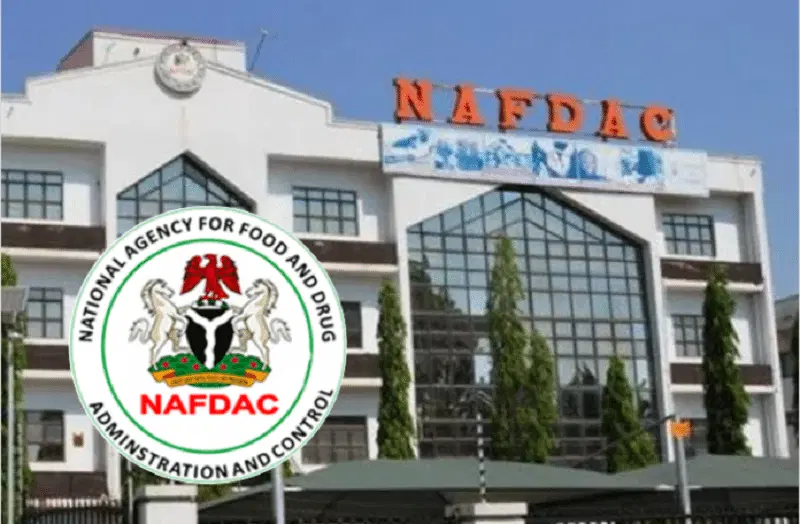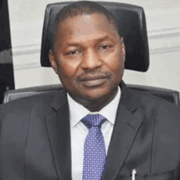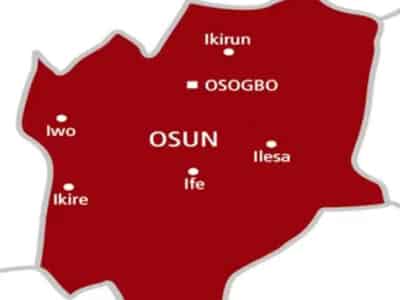
Lagos, Dec. 29 – Prof. Mojisola Adeyeye, the Director-General of the National Agency for Food and Drug Administration and Control (NAFDAC), has called for financial and institutional support to facilitate clinical trials for herbal medicines in Nigeria.
Speaking in an exclusive interview with journalists on Friday, Adeyeye outlined NAFDAC’s strategic vision to ensure the safety, quality, and efficacy of herbal products, which hold immense potential for addressing Nigeria’s health challenges.
“Herbal medicines are effective, but we cannot approve their usage without proper clinical trials,” Adeyeye stated. She highlighted the critical need for evidence-based research to establish the safety and dosage of these traditional remedies.
The Challenge of Costly Clinical Trials
Adeyeye stressed that clinical trials are prohibitively expensive and require substantial funding. She noted that NAFDAC currently has thousands of herbal products in its database awaiting scientific evaluation.
“NAFDAC is one of the few regulatory bodies globally with a structured process for approving herbal medicines,” she said. “However, without government or private sector support, it is challenging to conduct the necessary trials.”
Recounting her personal experience with traditional herbal remedies, known locally as Agbo, Adeyeye acknowledged their effectiveness but emphasized the need to mitigate risks. “We don’t know the toxic components or the exact quantities that should be consumed. That’s why clinical trials and extensive research are essential,” she added.
Paving the Way for Herbal Medicine Development
Adeyeye revealed that NAFDAC is actively seeking grants and has engaged with the National Assembly, which has pledged support for the initiative. She underscored that initiating clinical trials for just a few herbal medicines would mark a major milestone for the agency.
“If we can get five herbal medicines into our national formulary, it will be a significant achievement,” she said.
This strategic push by NAFDAC highlights the dual challenges and opportunities of integrating traditional medicine into Nigeria’s healthcare system. By validating the safety and efficacy of herbal remedies, the agency aims to protect public health and unlock the potential of herbal medicine as a viable alternative in modern healthcare.
This initiative aligns with global efforts to bridge the gap between traditional medicine and modern science, ensuring that age-old remedies are both effective and safe for widespread use.




















Comments